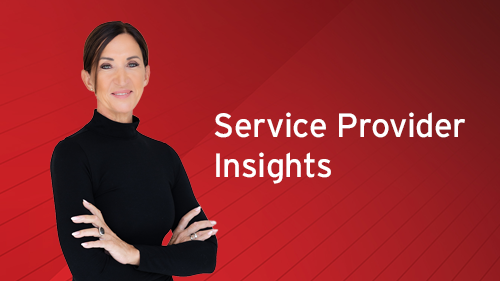

U.S. Public Sector Under Siege
Discover why Government and Education must prioritise Cyber Risk Management.

Discover how the TrendAI Vision One and SentinelOne integration exemplifies our commitment to endpoint flexibility.


Discover why Government and Education must prioritise Cyber Risk Management.


OpenClaw (aka Clawdbot or Moltbot) represents a new frontier in agentic AI: powerful, highly autonomous, and surprisingly easy to use. In this research, we examine how its capabilities compare to its predecessors’ and highlight the security risks inherent to the agentic AI paradigm.


Discover how the TrendAI Vision One and SentinelOne integration exemplifies our commitment to endpoint flexibility.


Discover how TrendAI Zero Day Initiative (ZDI) identified critical vulnerabilities across connected vehicles, EV chargers, and automotive systems.


PeckBirdy is a sophisticated JScript-based C&C framework used by China-aligned APT groups to exploit LOLBins across multiple environments, delivering advanced backdoors to target gambling industries and Asian government entities.


TrendAI™ Research provides a technical analysis of a compromised EmEditor installer used to deliver multistage malware that performs a range of malicious actions.


This blog entry provides an in-depth analysis of the multi-stage delivery of the Evelyn information stealer, which was used in a campaign targeting software developers.


The "bigger is better" era of AI is hitting a wall. We are in an LLM bubble, characterised by ruinous inference costs and diminishing returns. The future belongs to Agentic AI powered by specialised Small Language Models (SLMs). Think of it as a shift from hiring a single expensive genius to running a highly efficient digital factory. It’s cheaper, faster, and frankly, the only way to make agents work at scale.


TrendAI™’s ÆSIR platform combines AI automation with expert oversight to discover zero-day vulnerabilities in AI infrastructure – 21 CVEs across NVIDIA, Tencent, and MLflow since mid-2025.


By Christina Decker, Director Strategic Channels Europe, Trend Micro